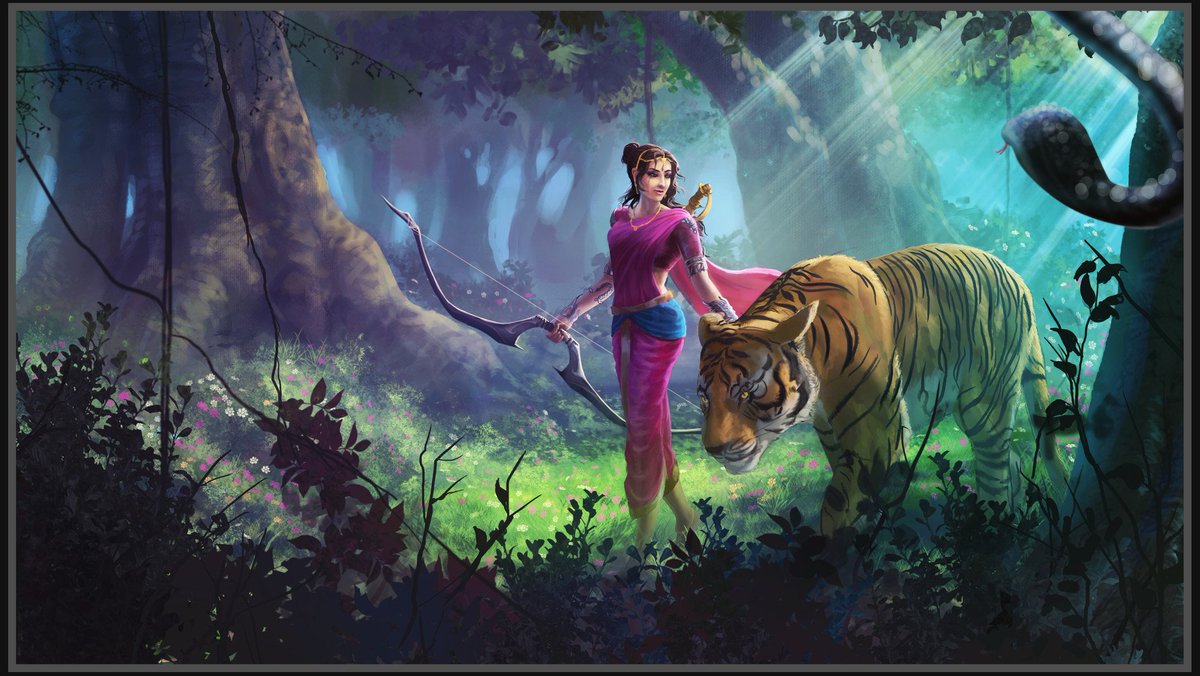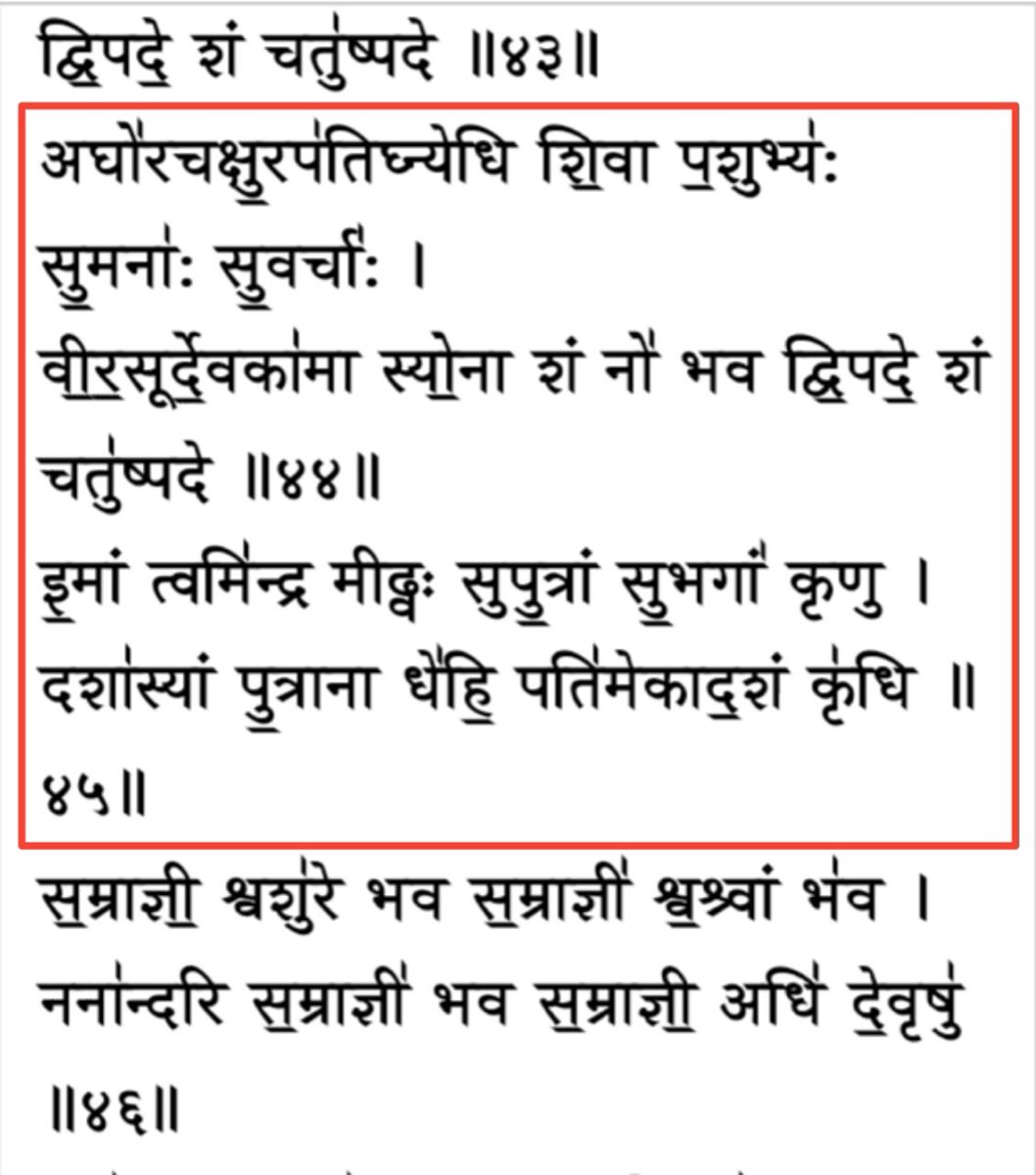The Unforgotten Tale Of Bravery (Raja Dahir)
We all know that Arab Invader Muhammad Bin Qasim conquered Sindh in 712 AD. However, the facts surrounding this conquest, and the ill fate that followed for the conqueror is known to few among us.
We all know that Arab Invader Muhammad Bin Qasim conquered Sindh in 712 AD. However, the facts surrounding this conquest, and the ill fate that followed for the conqueror is known to few among us.

The invasion on our country was a war between faiths and Dharma. Muhammad Bin Qasim’s attacked the peaceful Kingdom ruled by Hindu King Raja Dahir. In previous invasion none of them was successful but this was first episode when Hindu king lost to the invader.
Chachnama, a Sindhi book is a biography of Raja Dahir and sacrifice of his family. After Raja Dahar was killed, two of his daughters were made captive, whom Muhammad Bin Qasim sent to the capital Damascus.
After a few days, the Caliph of the Muslims called the two young women to his court. The name of the elder daughter of Raja Dahar was Suryadevi, while the younger one’s name was Pirmaldevi.
Caliph Waleed Bin Abdul Malik fell for Suryadevi’s extraordinary beauty. He ordered for her younger sister to be taken away. The Caliph then began to take liberties with Suryadevi, pulling her to himself.
It is written that Suryadevi sprang up and said:
It is written that Suryadevi sprang up and said:
“May the king live long: I, a humble slave, am not fit for your Majesty's bedroom, becoz Qasim kept both of us sisters with him for three days, and then sent us to the caliphate. Perhaps your custom is such, but this kind of disgrace should not be permitted by kings.”
Hearing this, the Caliph’s blood boiled as heat from anger and desire both compounded within him.
Blinded in the thirst of Suryadevi’s nearness and jealousy of Bin Qasim who had robbed him of the purity he would otherwise have had,
Blinded in the thirst of Suryadevi’s nearness and jealousy of Bin Qasim who had robbed him of the purity he would otherwise have had,
the Caliph immediately sent for pen, ink and paper, and with his own hands wrote an order, directing that,
“Muhammad (Bin) Qasim should, wherever he may be, put himself in raw leather and come back to the chief seat of the caliphate.”
“Muhammad (Bin) Qasim should, wherever he may be, put himself in raw leather and come back to the chief seat of the caliphate.”
Muhammad Bin Qasim was captured on Caliph’s orders in the city of Udhapur. He was wrapped in raw leather and locked him in a trunk before taking him to Damascus.
En route to the capital, Mohd.Bin Qasim breathed his last. When the trunk carrying Qasim’s corpse wrapped in raw leather reached the Caliph’s court, the Caliph called upon Dahar’s daughters, asking them to bear witness to the spectacle of obedience of his men for the Caliph.
One of Dahar’s daughter’s then spoke in return and said: “The fact is that Muhammad Qasim was killer of her Family. Although he never touched us, but we were full of revenge against him. He destroyed their family, their kingdom and ruined their lives.
By playing tactic we took our revenge from him. The Caliph reacted to this instance by tying both sisters behind Horses and making them to run until both of them died. But their faces flashed with the smiles of Victory as they had taken their revenge before dying.
The sacrifice made by Raja Dahir Family is an unforgotten tale of bravery. Their sacrifice will always be remembered for centuries inspiring generations.
End
End
• • •
Missing some Tweet in this thread? You can try to
force a refresh








